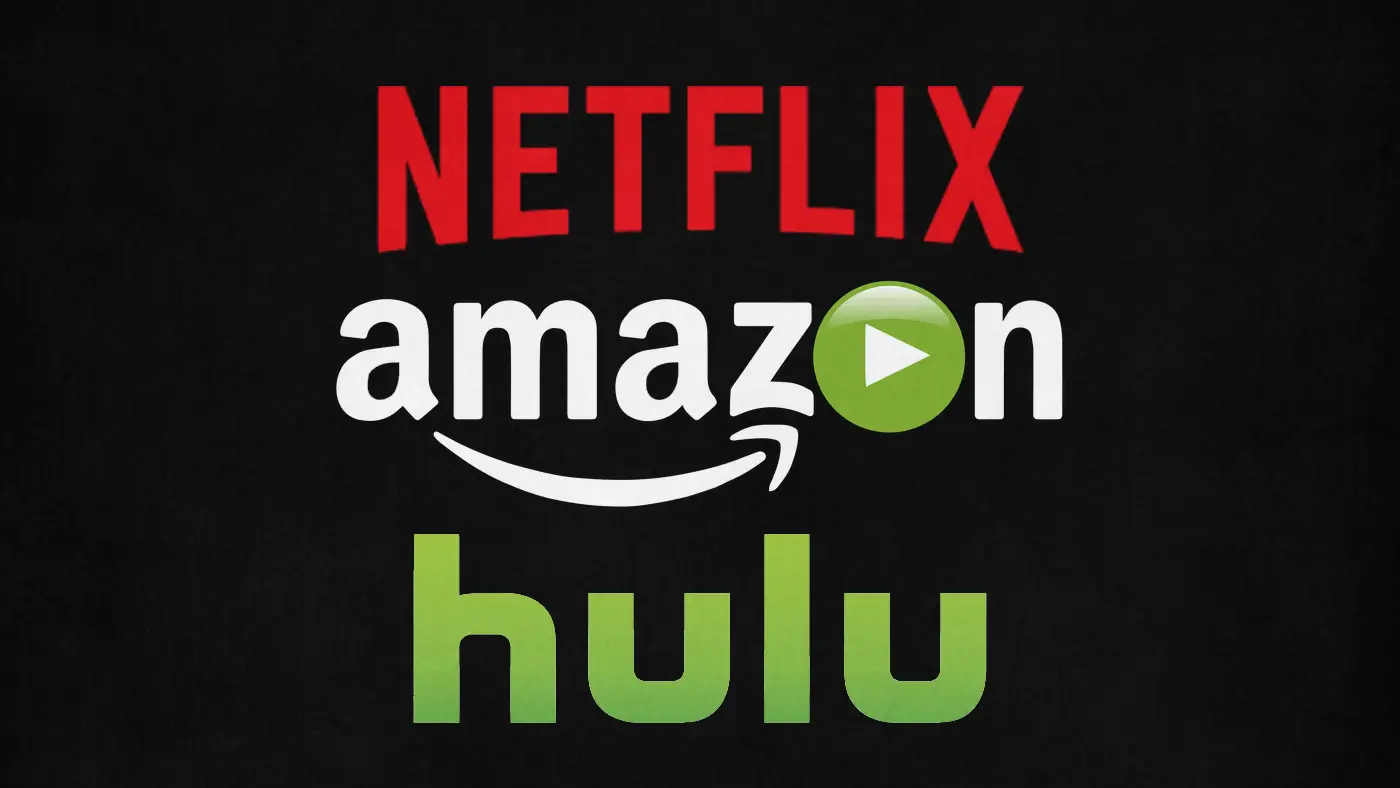[dropcap size=big]M[/dropcap]My roommates and I recently finished both Queer Eye and Lost in Space, alternating between the two so as to prolong the experience of each. Needless to say, it was a double whammy to finish two season finales of Netflix-produced shows in a day, especially when both were so good. From there, we returned to browsing the depths of Netflix to find another binge-worthy program. Right now, we’ve even got a running list of shows to watch out for, ranging from The Marvelous Mrs. Maisel and Transparent (both of Amazon acclaim) to 3%, Black Mirror, and Dear White People (of Netflix fame). Rarely do we deviate to cable network shows, unless our affection for them predates streaming services.
In general, save for a few exceptions, we tend not to watch cable television, though we have access to streaming services for each channel, and we all agree that we trust Netflix, Amazon, and Hulu more to produce quality programming. Their original content has seemingly soared in terms of quality versus quantity. Overall, since streaming services burst onto the scene, Amazon, Netflix, and Hulu have produced a total of 95 television shows, 56 of which are still running. Yet, both Amazon and Hulu are currently airing fewer original programs than cable networks like ABC, NBC, and CBS. Their numbers of offerings are right around those of a channel like FX, Fox, or AMC. Netflix, however, far exceeds all others, with 39 original programs currently airing on the platform.
What’s up with the ‘Flix?
While video on demand televisions make up approximately 37% of presently airing television on major networks, they’ve become known for their quality.
While video on demand televisions make up approximately 37% of presently airing television on major networks, they’ve become known for their quality. House of Cards, A Handmaid’s Tale, and The Marvelous Mrs. Maisel have each captured national attention, winning 12 Primetime Emmy Awards and 7 Golden Globe Awards between the three of them. The world has also been fascinated by Stranger Things, with references being made in shows like Saturday Night Live! Even in general, people excitedly await the newest season of a Netflix, Hulu, or Amazon phenomenon with fervor that used to be reserved only for the newest season of a show like Grey’s Anatomy or Game of Thrones. And then it’s over – ten to fifteen episodes binged over the course of a week or less while other shows drag out the season over the traditional fall, spring, or summer.
What is it about these shows that capture our attention?
Streaming an entire season at once has introduced a whole new twist to television ratings.
Perhaps Netflix, Hulu, and Amazon are able to be more successful because I don’t have to wait a week, a span of time during which I could lose interest, to watch the next episode. Yet, arguably, it’s because the quality is better. I trust any one of the three major streaming services to deliver quality content in their original program more than I trust an ABC or NBC that is doomed to listen to the ratings over the course of weeks. It wasn’t until recently that Nielsen, which has long been the ratings guru for television shows, has been able to rate Netflix shows by viewership. Nielsen compares release dates with other major stations’ nightly viewership and looks at the average number of episodes watched in one sitting.
Overall, though, yes, the ability to binge a whole season of Black Mirror terrified in your pajamas eating popcorn in the dark (maybe that was too specific of an example) is a huge perk to Netflix, it doesn’t necessarily explain the reason why I’d choose the tech-thriller over another show that had previously aired on a cable network like Dexter or Scandal. It’s the quality. Additionally, I’d argue that original content on streaming services are able to be much more detailed and deep than your average cable show. This could be because there isn’t a week to forget them.
The majority of dramas – which have garnered more attention than most comedies – on these platforms have details intricately woven throughout. You know, the sort of details you might forget if you weren’t watching episodes back to back. The stakes feel higher, and the plotlines less cliche. A minor character earlier in the season is less forgettable because you didn’t see them several weeks ago; you saw them two or three episodes ago (now reduced to two or three hours).
What does this mean for us?
I hope this is the case. While streaming does tend to perpetuate the argument that millennials and generation Z-ers require media delivered to them immediately rather than waiting, I also think that the quality of content also happens to be better because it’s smarter. While this can prove dangerous when not binging all at once, it also suggests that we’re growing more attracted to intellectual content, and gee, don’t we need that now more than ever?




